Creative Problem Solving Course
Creative Problem Solving Training Skills Course in Singapore
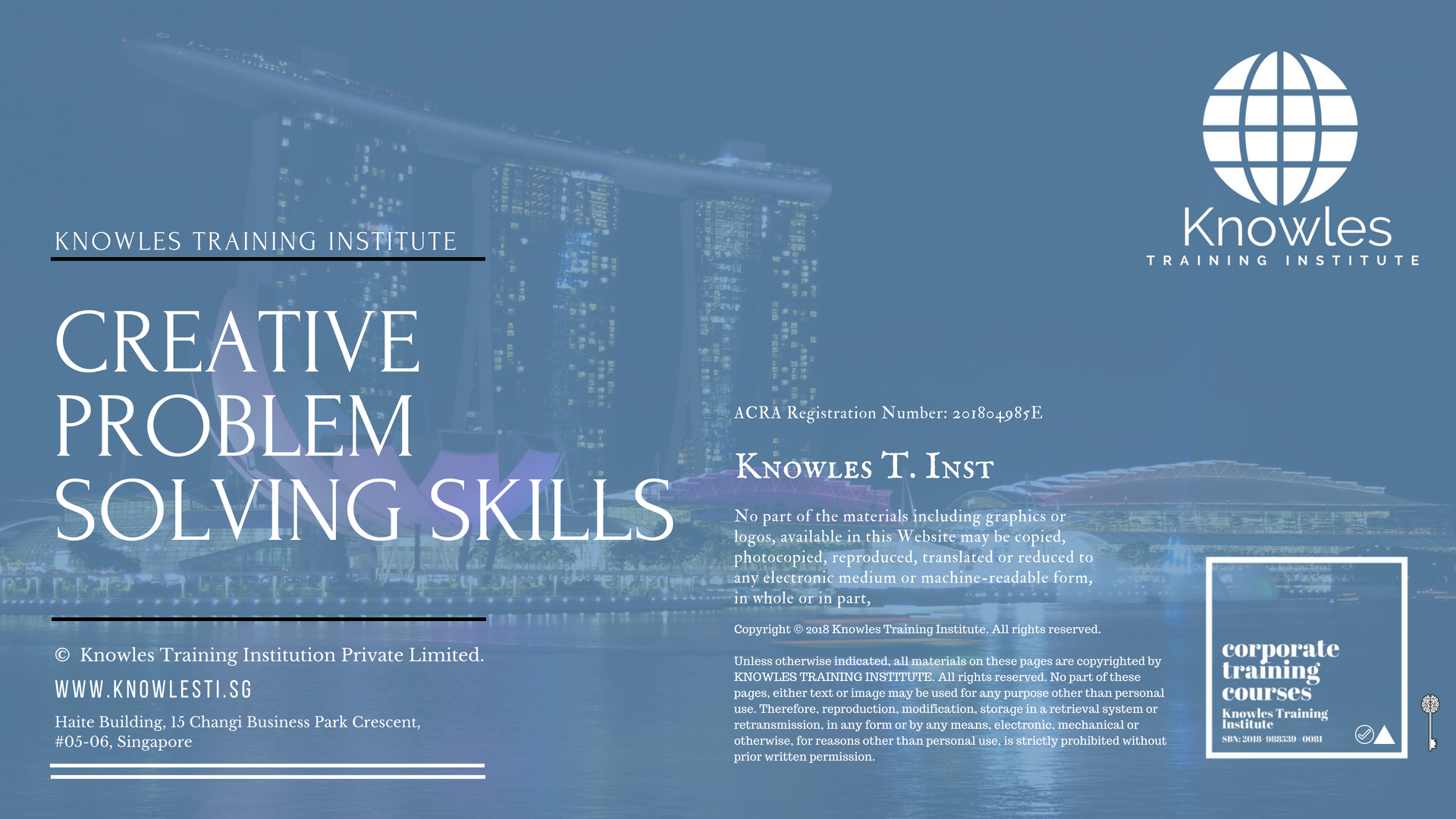
About This Creative Problem Solving Skills Training Course
Creative Problem Solving Skills Course in Singapore
Have you ever encountered a problem you can’t solve no matter how critical and logical you are? It could be a sign that you need to improve your creative problem-solving skills. Creative problem-solving is a more relaxed approach to making solutions that involve the imagination and encourages the manifestation of innovative ideas.
In the workplace, we are always encouraged to think outside of the box and sometimes, do not exhaust our minds to its think in its fullest potential. The Creative Problem Solving technique allows to identify problems and solve them by coming up with unconventional solutions. Learn how to use creative problem solving to find fresh perspectives on your organizational woes.
Course Schedule
| COURSES | DATES | TIME | VENUE | COUNTRY | REGISTRATION |
|---|
Who Should Attend This Creative Problem Solving Skills Workshop
This Creative Problem Solving Skills workshop is ideal for anyone who would like to gain a strong grasp and improve their Creative Problem Solving Skills.
All Staff Within An Organisation
Managers
Team Leaders
Executives
Assistants
Officers
Secretaries
Group Size This Creative Problem Solving Skills Training Program
The ideal group size for this Creative Problem Solving Skills course is:
Minimum: 5 Participants
Maximum: 15 Participants
Course Duration
The duration of this Creative Problem Solving Skills workshop is 2 full days. Knowles Training Institute will also be able to contextualised this workshop according to different durations; 3 full days, 1 day, half day, 90 minutes and 60 minutes.
2 Full Days
9 a.m to 5 p.m
Course Objectives
Below is the list of course objectives of our Creative Problem-Solving Skills course
Creative Problem-Solving Course – Part 1
- What is a Problem?
- The Random House Unabridged Dictionary incorporates several definitions for the word “problem.” The descriptions that we are most concerned with while learning about the creative problem-solving process are “any problem or matter involving doubt, uncertainty, or difficulty,” and “a question offered for solution or discussion.”
- What is Creative Problem Solving?
- Creative problem solving has grown since its conception in the 1950s. However, it is always a structured procedure to finding and implementing solutions. The creative problem-solving method involves creativity.
- What are the Steps in the Creative Solving Process?
- The Creative Problem Solving Process utilises six major steps to implement solutions to almost any kind of problem.
Creative Problem Solving Skills Value Added Materials
Each participant will receive the following materials for the Creative Problem Solving Skills course
Creative Problem Solving Skills Learner’s Guide
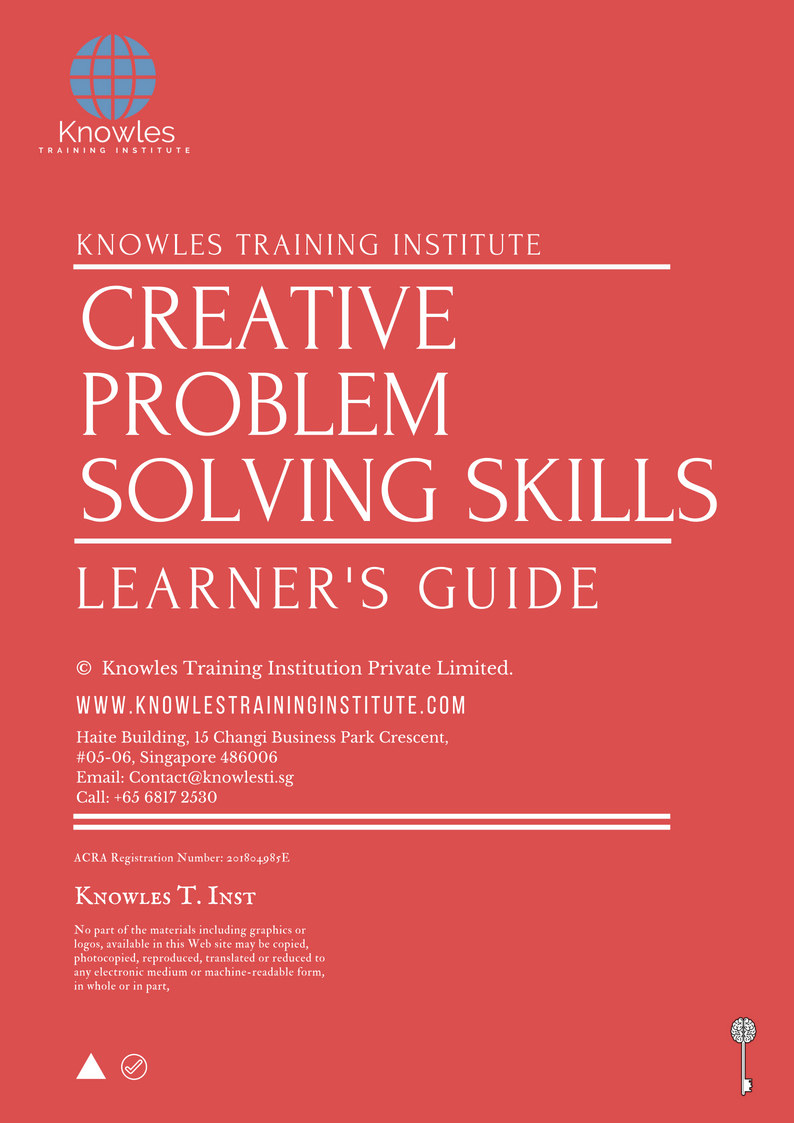
Creative Problem Solving Skills Key Takeaways Notes
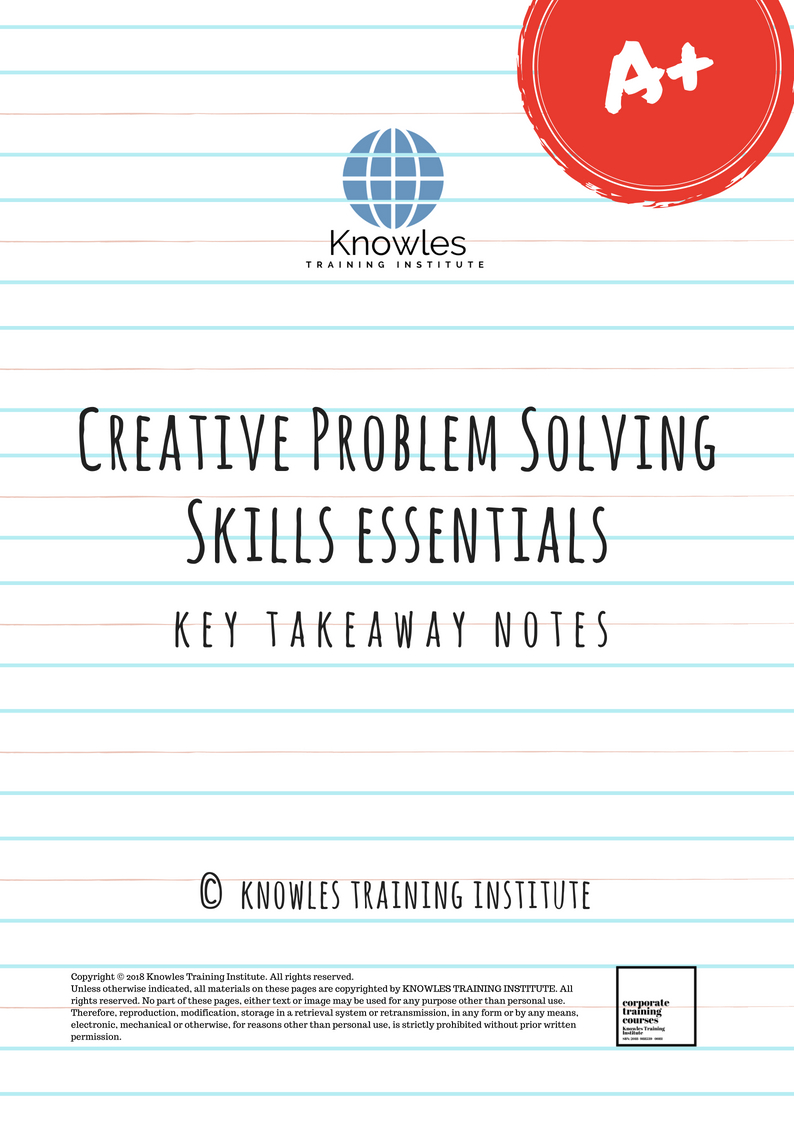
Creative Problem Solving Skills Essentials Ebook
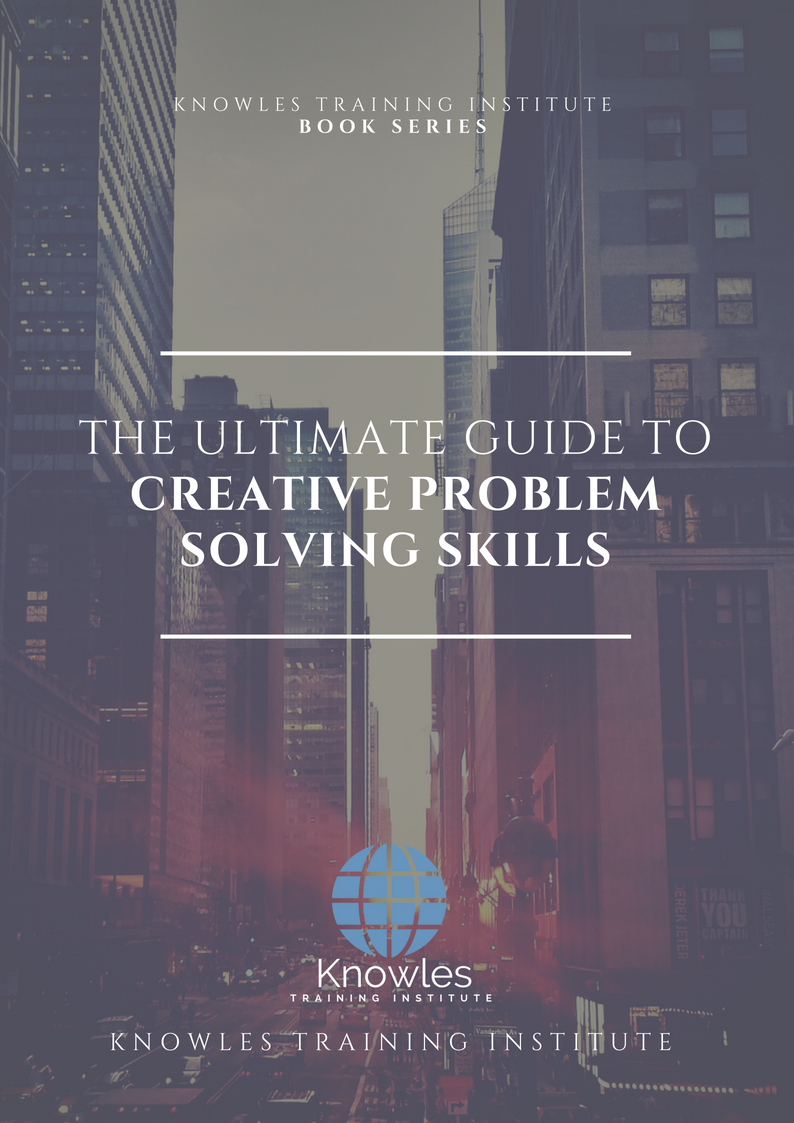
Creative Problem Solving Skills Course Handouts
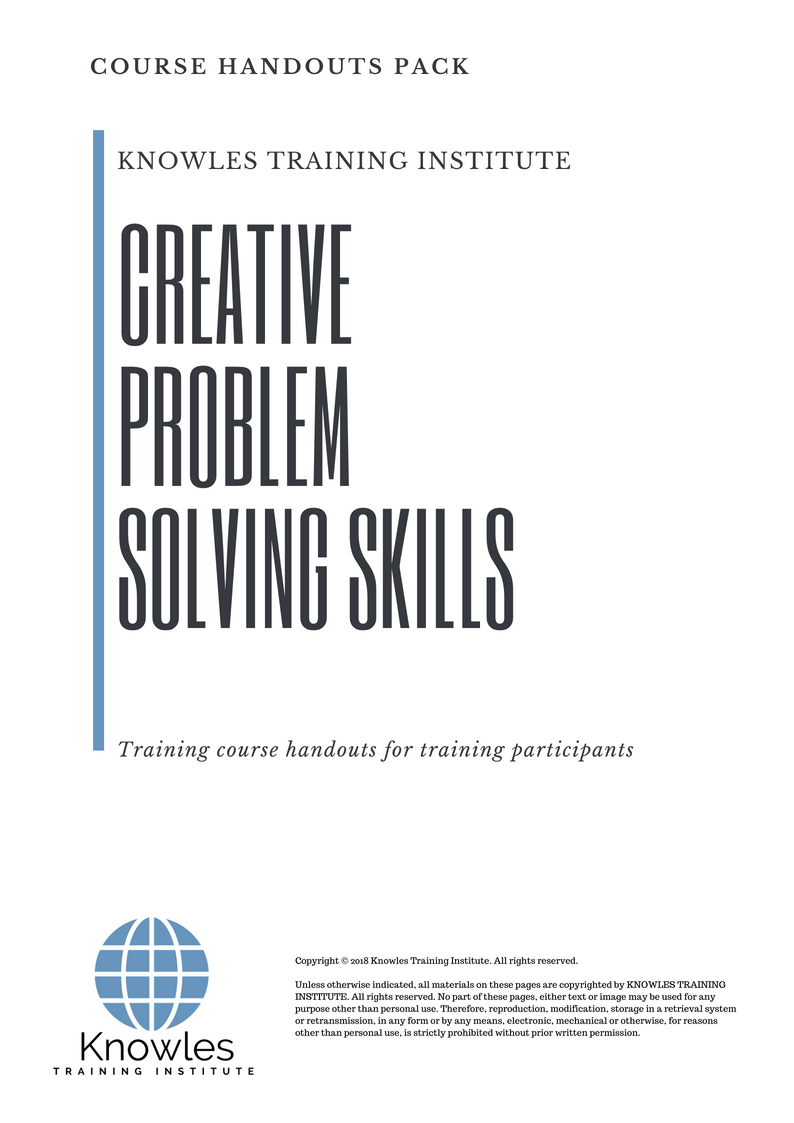
Creative Problem Solving Skills 30-Day Action Plan
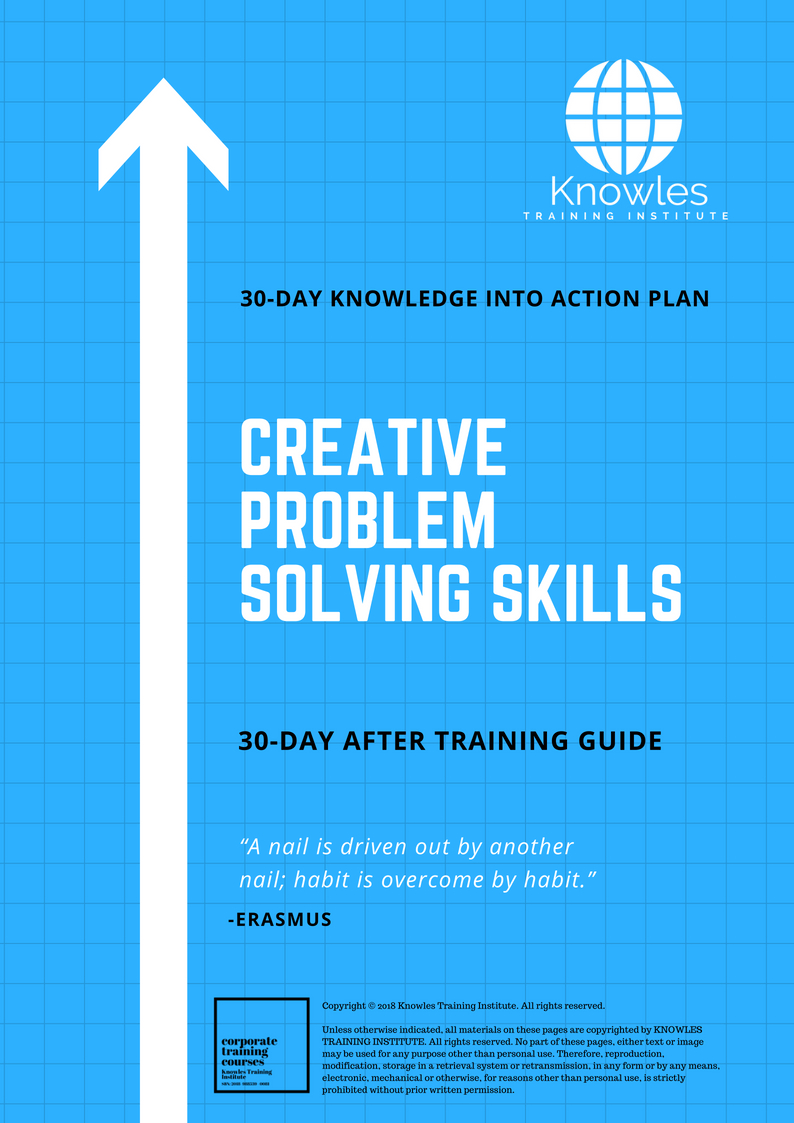
Creative Problem Solving Skills MindMaps Pack
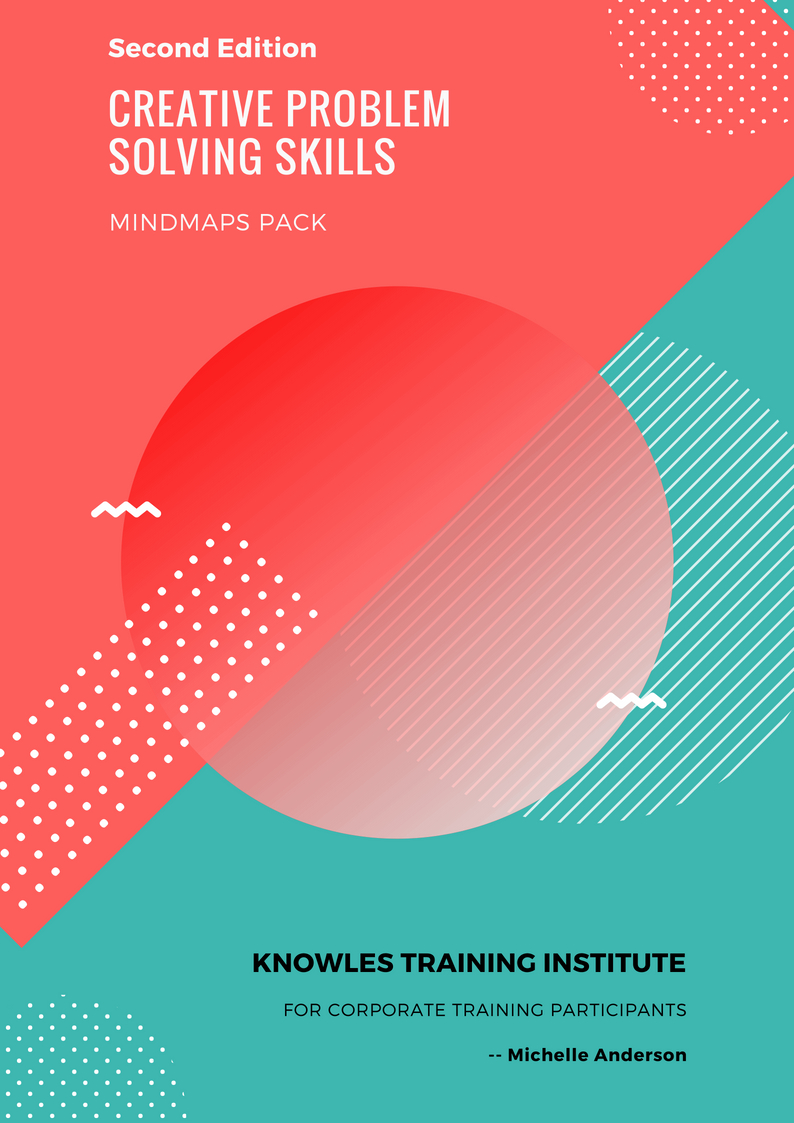
Creative Problem Solving Skills PPT Slides Used During Course
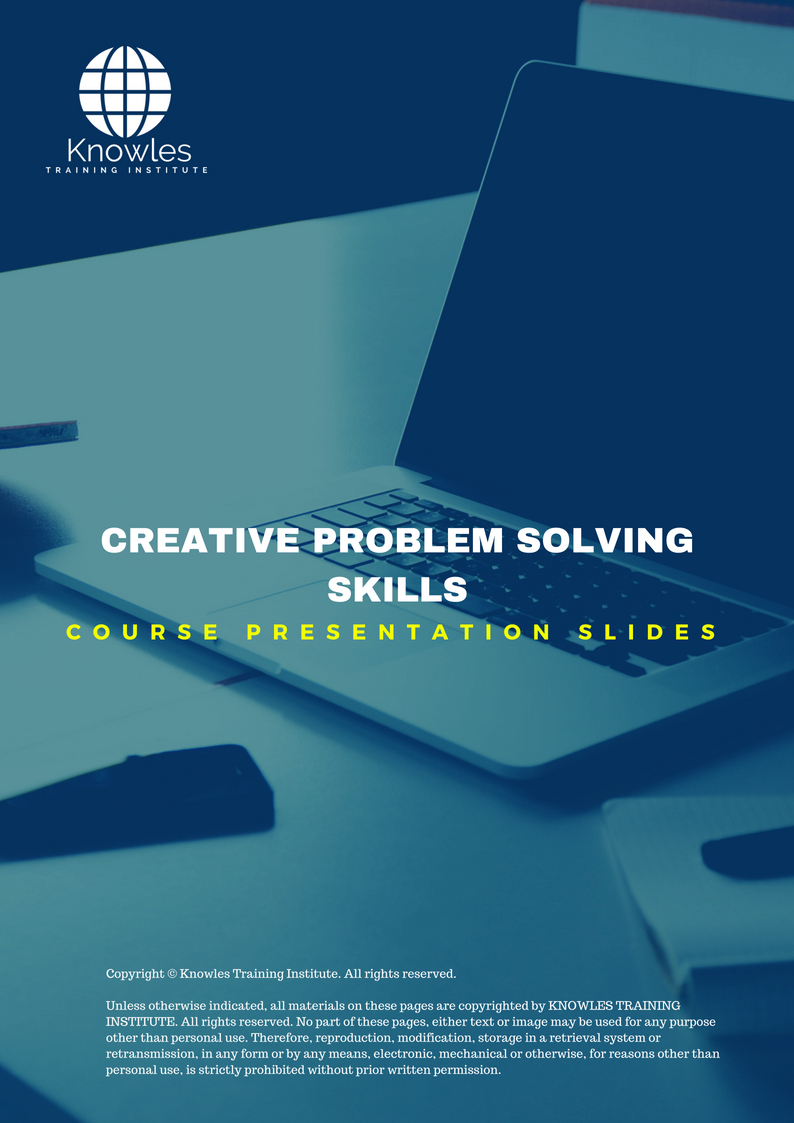
Creative Problem Solving Skills Long-Term Memory Flashcards Pack
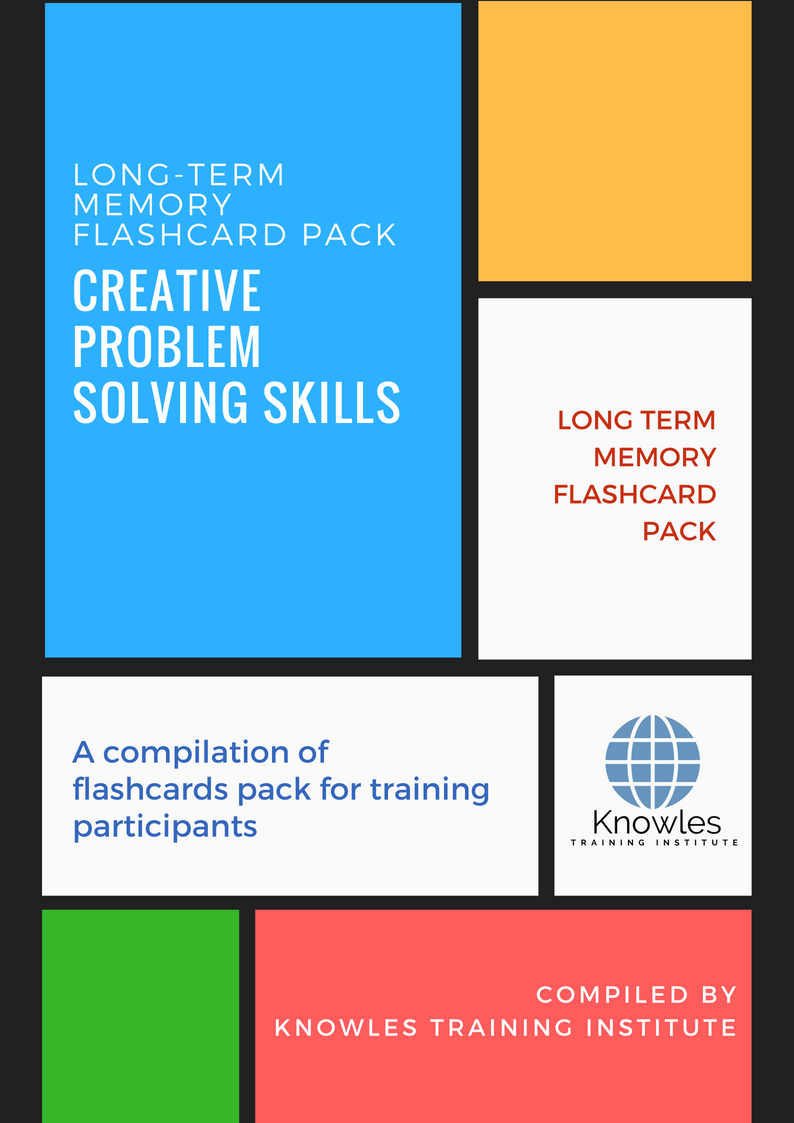
Creative Problem Solving Skills E-Learning Course
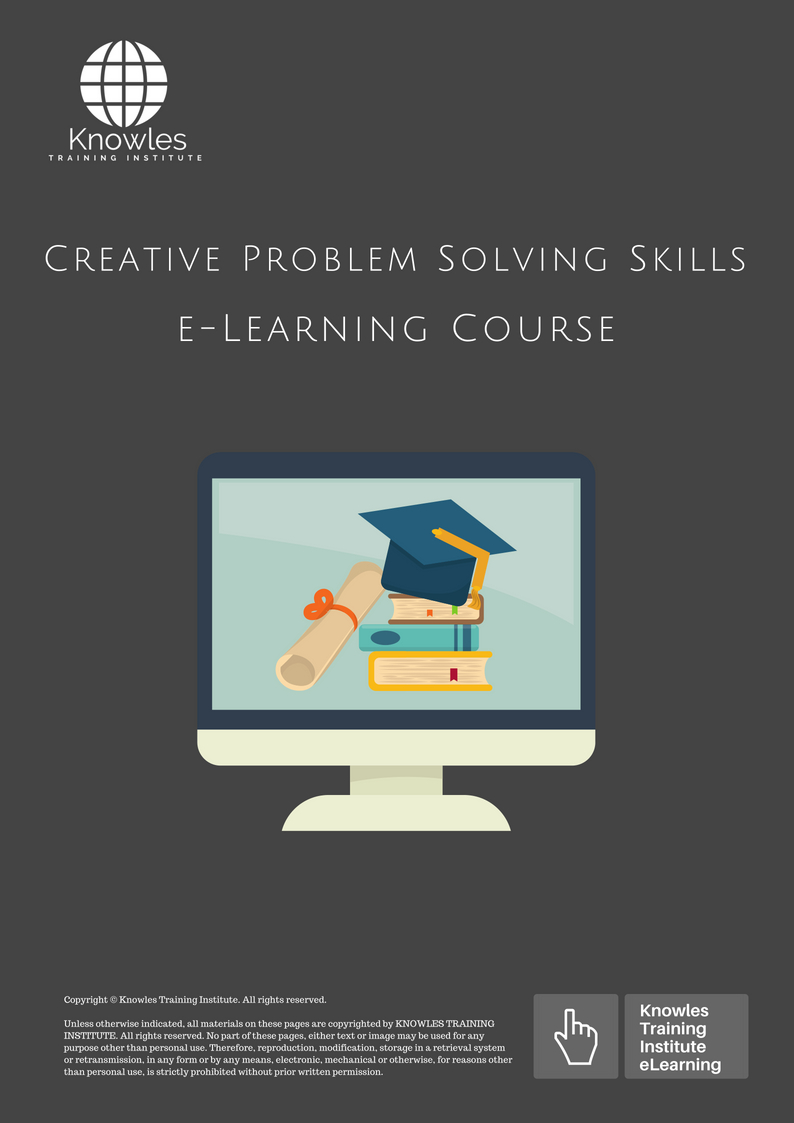
Creative Problem Solving Skills Online Video Course
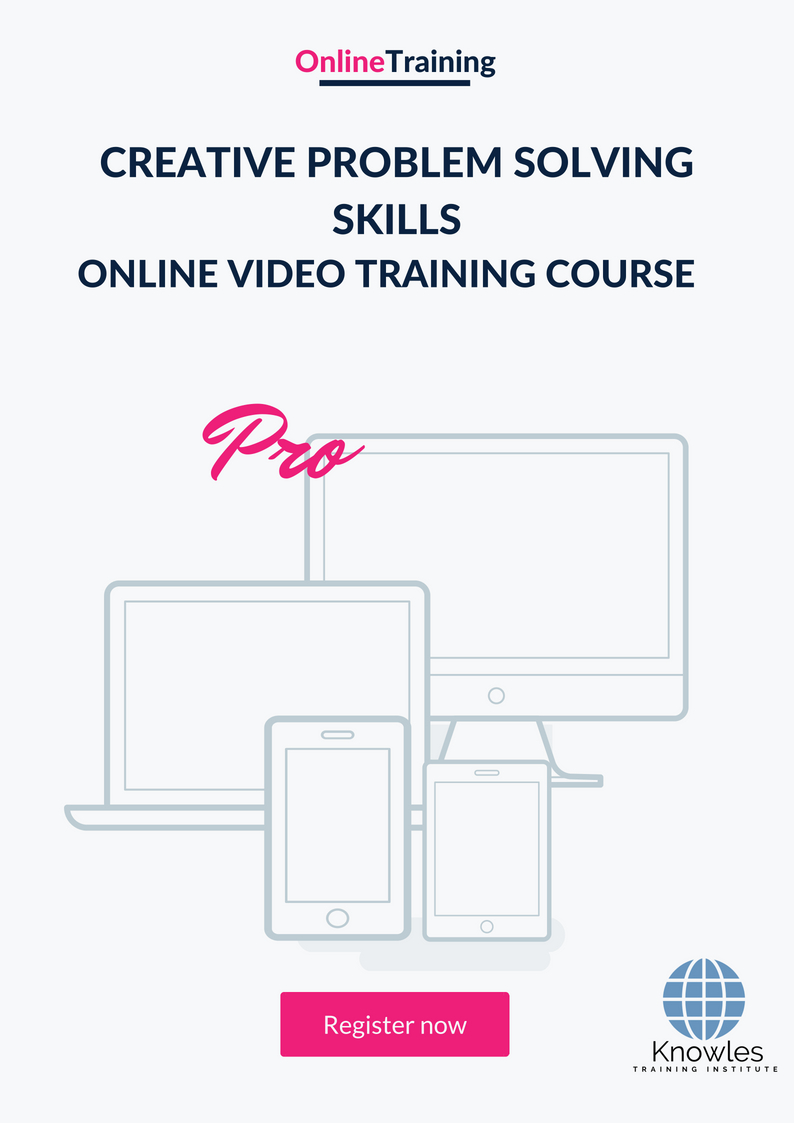
Creative Problem Solving Skills Essentials Audiobook
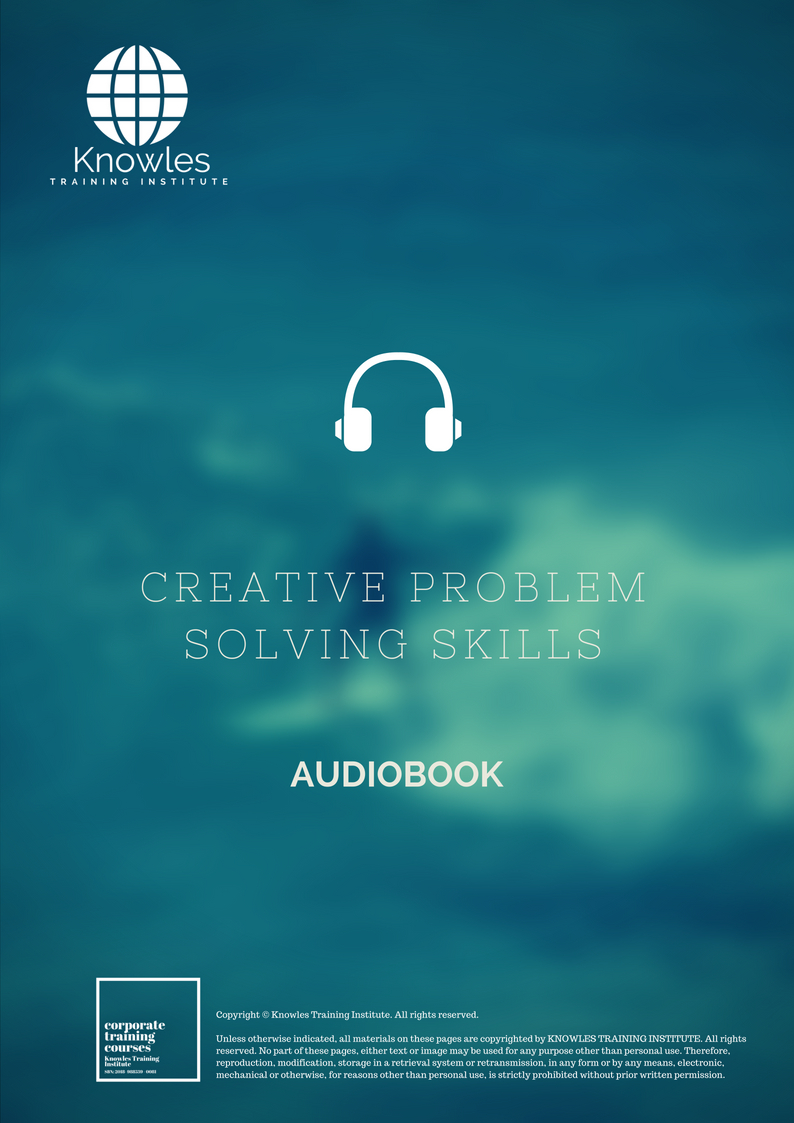
Creative Problem Solving Skills Infographics Pack
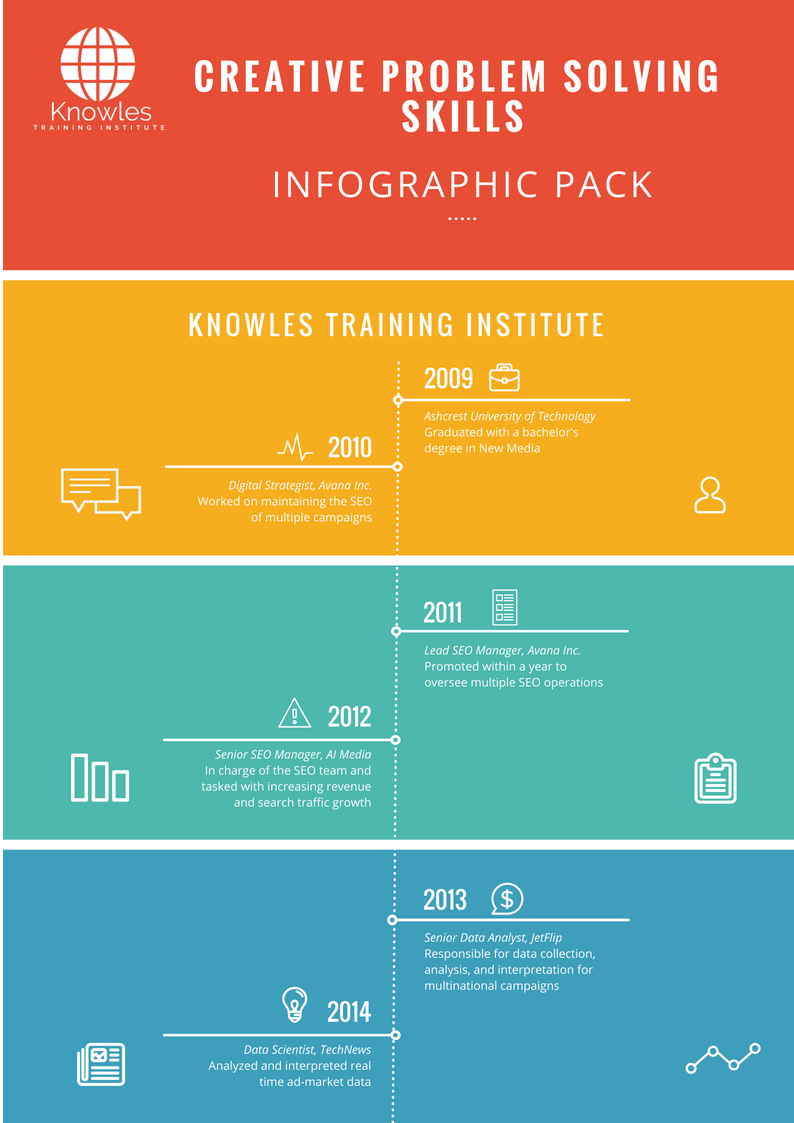
Creative Problem Solving Skills Certification
Each course participant will receive a certification of training completion
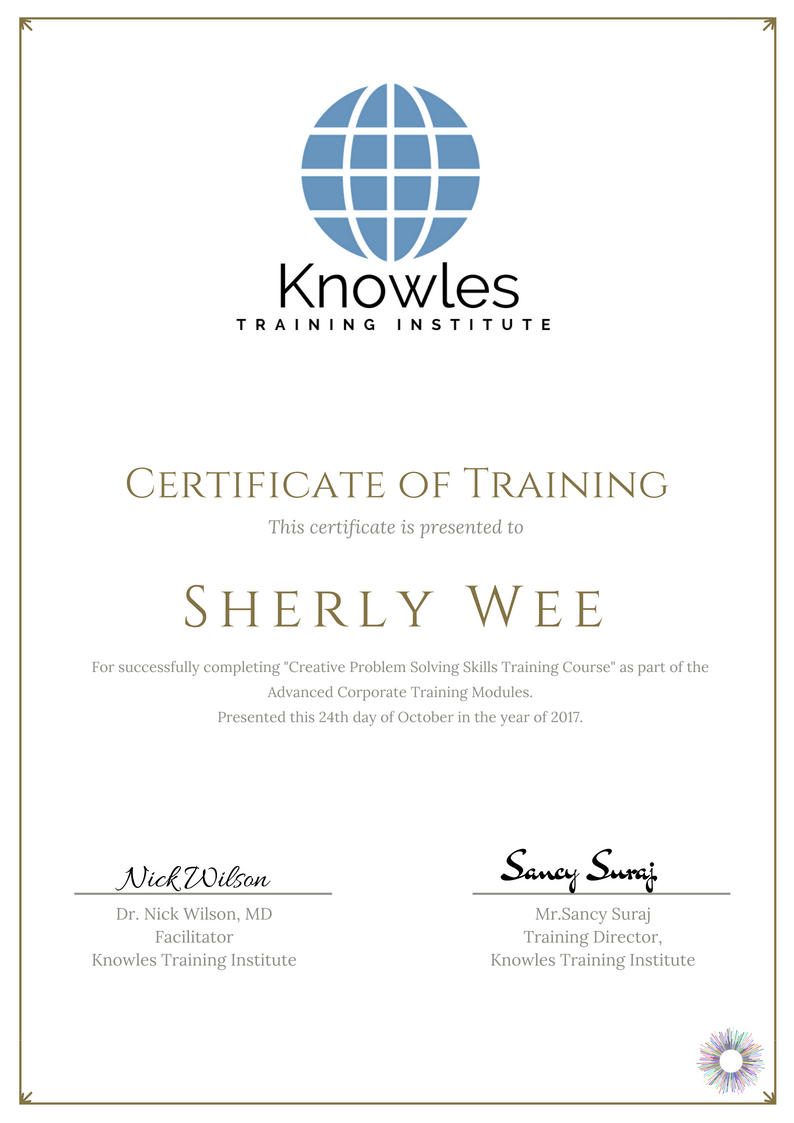
Course Fees
There are 4 pricing options available for this Creative Problem Solving Skills training course. Course participants not in Singapore may choose to sign up for our online Creative Problem Solving Skills training course.
- SGD 1,334.96 For a 60-minute Lunch Talk Session.
- SGD 389.97 For a Half Day Course Per Participant.
- SGD 589.97 For a 1 Day Course Per Participant.
- SGD 789.97 For a 2 Day Course Per Participant.
Discounts available for more than 2 participants.
Upcoming Course Schedule
Contact us for the latest Creative Problem Solving Skills course schedules:
Phone: +65 6714 6663
Email: contact@knowlesti.sg
Message:
Download Course Brochure
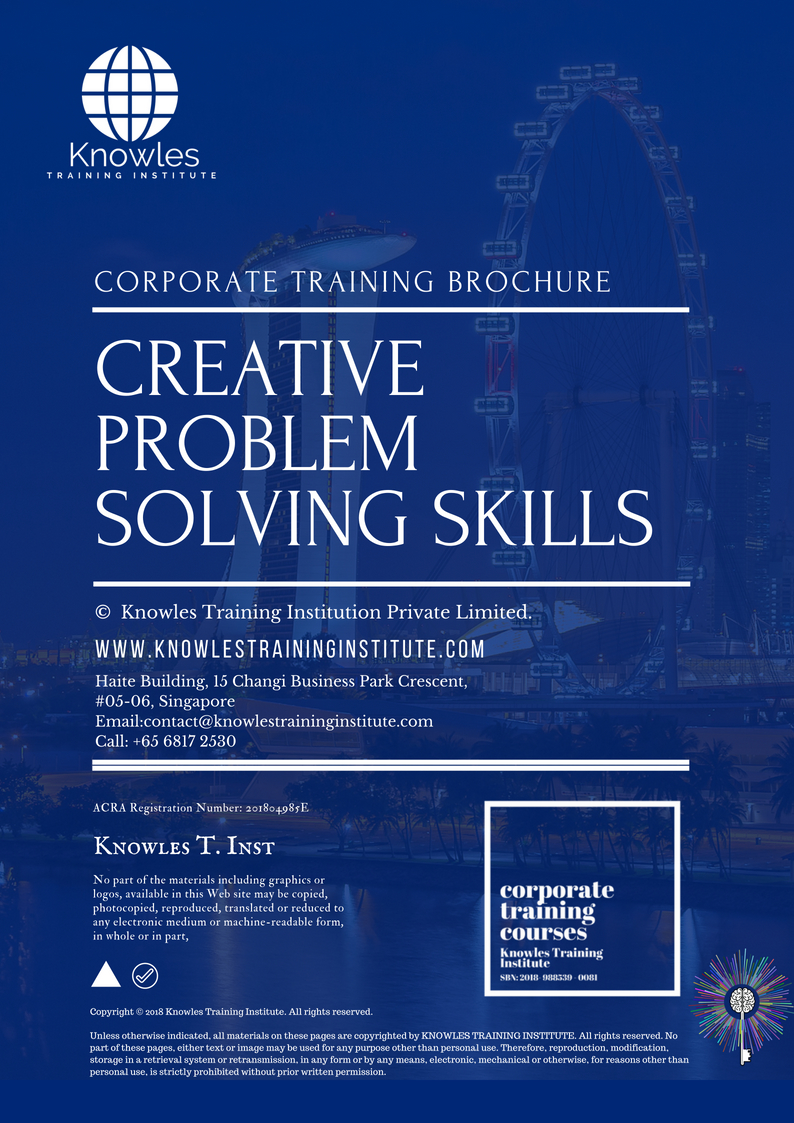
Request for this Creative Problem Solving Skills course brochure. Fill up the short information below and we will send it to you right away!
Post-Training Support: A vast majority of training does not have any effect beyond 120 days. But to work, training has to have a strong pre- and post-training component. Post-training reinforcement consequently helps individuals to recall the understanding and ask questions.
Blended Learning: Learning does not occur in the classroom. Virtually everybody prefers distinct ways of learning. Successful learning should have a multi-channel, multi-modal strategy.
We Understand The Industry: Similarly, we’ve got a profound comprehension of the business, business design, challenges, strategy and the that our participants are in and have designed the courseware to cater to their professional needs.
Course Content: Knowles Training Institute’s material is relevant, of high quality and provide specific learning outputs. As a result, Participants will leave the training course feeling as they have gained a strong understanding and will also be in a position to execute what they have learned sensibly.
Course Development — The workshop modules follow a systematic and logical arrangement. Therefore, this structure helps to ensure that the course material allows the facilitators to deliver the course in a logical arrangement. Consider the subjects as building bricks into learning, our facilitators slowly build towards a comprehensive picture of this entire topic.
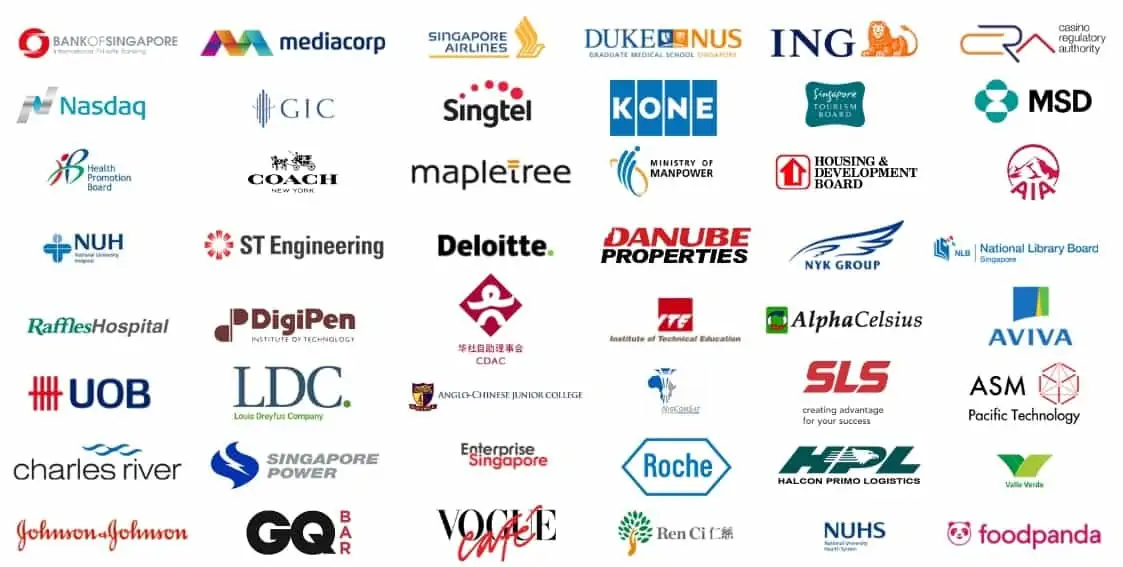

Course Enquiries

Fill up the form and we will get back to you in less than 1 working day.
Alternatively, give us a call to have one of our training consultants contact you. Our corporate training courses can be contextualized to meet your organization’s training needs. Leverage on our large pool of professional trainers and consultants for your organization’s training needs.
Office Address: 60 Paya Lebar Rd, #07-54 Paya Lebar Square, Singapore 409051
Office Phone: +65 6714 6663
Email: contact@knowlesti.sg
We Guarantee 100% Privacy. We Respect Your Privacy. Your Information Will Never Be Shared.


